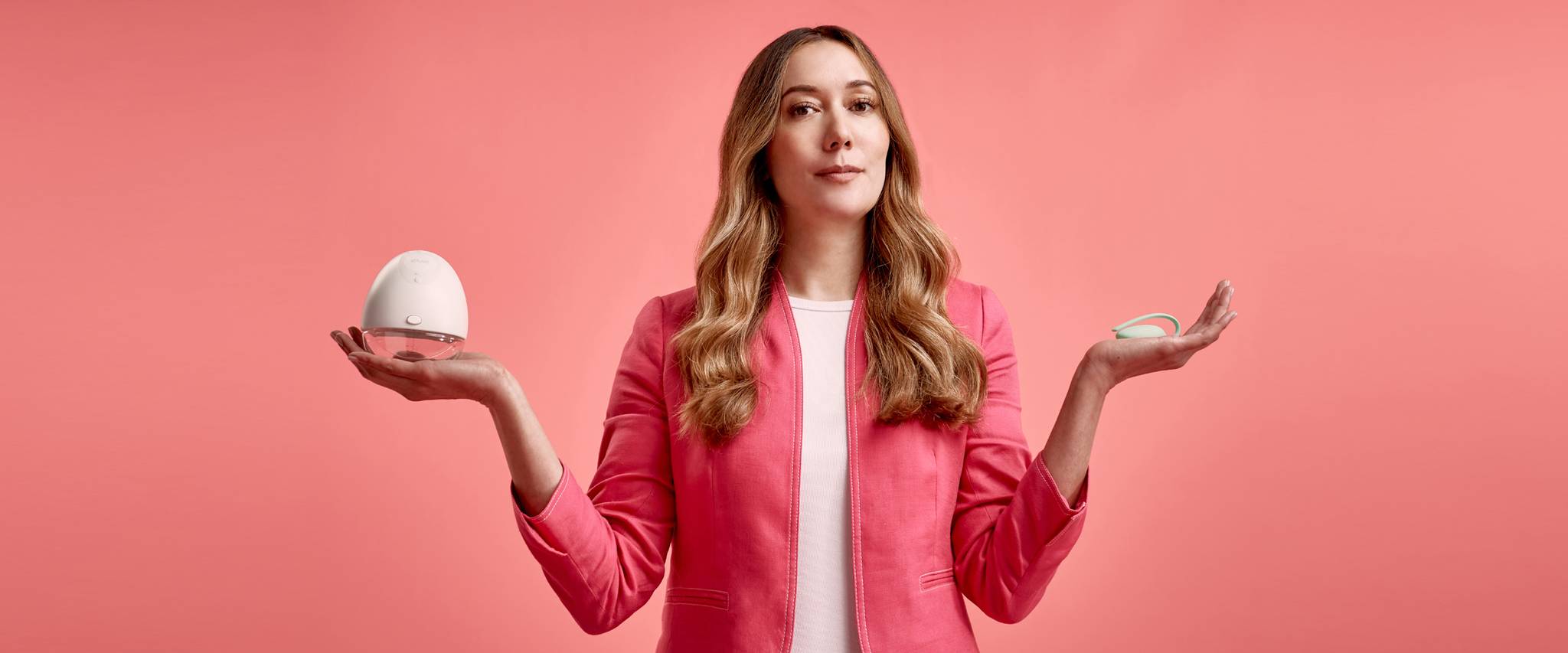
Period tracking, fertility info, and gender-specific care have developed as growing focuses in the health tech space. Innovations in wearables, combined with distrust in conventional medical authorities, are leading women towards a new era of taking agency over their health and wellbeing.
Women’s health is belatedly benefitting from the wearables boom, helping to create a sense of optimism around health tech that was conspicuously absent from the women’s health market.
Despite the fact that 64% of women use health trackers compared to 46% of men, Femtech still only receives 4% of global medical research funding.
For the most part, wearable health tech has been very one-size-fits-all, focusing on the low-hanging fruit like steps and heart rate. And recent innovations have fallen flat with many consumers, who feel that you don’t need a tracking device to tell you that you’re making unhealthy choices.
Innovations centred around more specific needs are changing this impression, however, as people are finding new uses for wearable technology.
Brands like Myoovi are providing women with period pain relief via electrical impulses administered to the lower back or abdomen. Similarly, Oura rings have begun tracking period patterns to provide insights about the wearer’s cycles. On top of this, Oura has also partnered with Natural Cycles, a period-tracking app, to help users track their fertility without taking their temperature every day.
Developments like Oura’s are huge for Gen Zers who are beginning to reject more conventional methods of contraception but need guidance to avoid the pitfalls of less-than-reputable sex ed information online.
Plenty of scepticism still remains about the propriety of women’s health tracking, however. “Girlfriends don’t let girlfriends wear OURA rings that send their period data to a corporation,” said Maggie Love, founder of feminist tech organisation SheFi.
Certainly, women’s health data has become politicised in a post-Dobbs climate, which can only exacerbate a growing distrust in big tech. Brands can take cold comfort in the fact that trust in conventional medical authorities is similarly low.
For instance, 84% of women in the UK have experienced times when they or the women they knew were not listened to by healthcare professionals, pointing to a need for women to take their health into their own hands as a matter of urgency.
While brands like telemedicine reproductive care clinic Hey Jane are looking to build trust by providing full-spectrum care, the burden of proof still falls on wearables to demonstrate that they can help women change their health for the better.
Nevertheless, the cultural climate around Femtech appears to be shifting as tech optimism takes over in line with the growing numbers of wearables in the women's health space.
The embrace of wearable technology heralds a promising future for women's health where empowerment meets innovation. As women stride towards equality, wearable tech devices become not just accessories but catalysts for self-care, nudging women towards healthier choices and allowing them to regain autonomy over their wellbeing.



